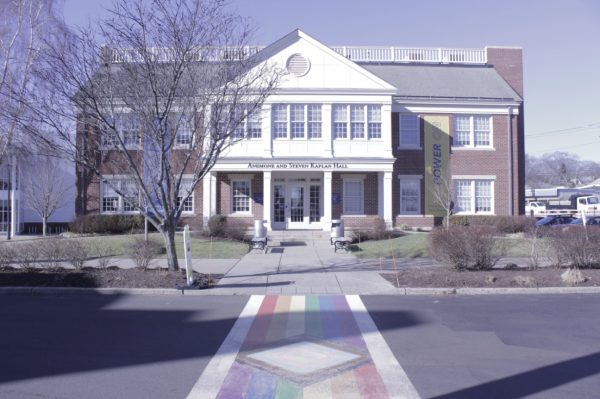How seasonal depression can affect you
Imagine the emotions and feelings that follow a summer day as you lay on the beach with a good book. Most people call this happiness. This experience relates to how each season is known to affect one’s emotions––positive or negative––and is referred to as Seasonal Affective Disorder (SAD).
SAD could take place at any time of the year, and it affects everyone differently. Symptoms of SAD include low energy, sleeping problems, difficulty concentrating and feelings of hopelessness, guilt and worthlessness. Less common symptoms include insomnia, weight loss, anxiety, agitation and a poor appetite. According to the Mayo Clinic, most cases occur in late fall and early winter, receding once the sun comes out and the weather becomes warmer.
In order to better understand SAD, six participants offered their opinions on the topic. Each of the participants agreed that SAD is most related to the winter season. Two participants have been previously diagnosed with SAD, one following the common occurrence and the other the opposite, allowing insight from both sides. At the beginning of each interview, the participants were asked their favorite and least favorite seasons. 67% of people said that fall was their favorite and when it came to their least favorite seasons, 50% agreed winter was their least favorite season.
Abby Aiello, a sophomore majoring in psychology who has been diagnosed with SAD, said, “The cold is too much. The snow and the ice are a bother and just add a hassle to each day.”
The only word I can think of to describe this season is glum,” said Aiello. “Everything is kinda gross and wet and you are stuck inside all the time, and it’s boring since you are limited to indoor places if you aren’t a fan of skiing or doing winter sports.”
Another determining factor for some participants was the clothing worn during colder seasons. Skylynn Taylor, a sophomore majoring in forensic science, said that she prefers the summer season because it allows her to go out in what she is confident wearing, and enjoy the warmth on her skin.
Amber Singh, a sophomore majoring in computer science, said that summer was her least favorite season because of the societal push to look physically fit, and, due to the weather, having to wear less clothing than she would prefer. Because of this, fall and winter were more enjoyable for her. She said that during these seasons, she could cover up and focus on comfort rather than the amount of skin she was showing.
Seasonal Affective Disorder can often be overlooked by people who aren’t aware of the symptoms. Make sure to listen to your body if you begin to feel slightly off come these next upcoming seasons. Reach out to a medical professional or counselor to share your concerns, so proper treatment can begin.
Students may access Counseling and Psychological Services, located in Charger Plaza at 203-932-7333.










